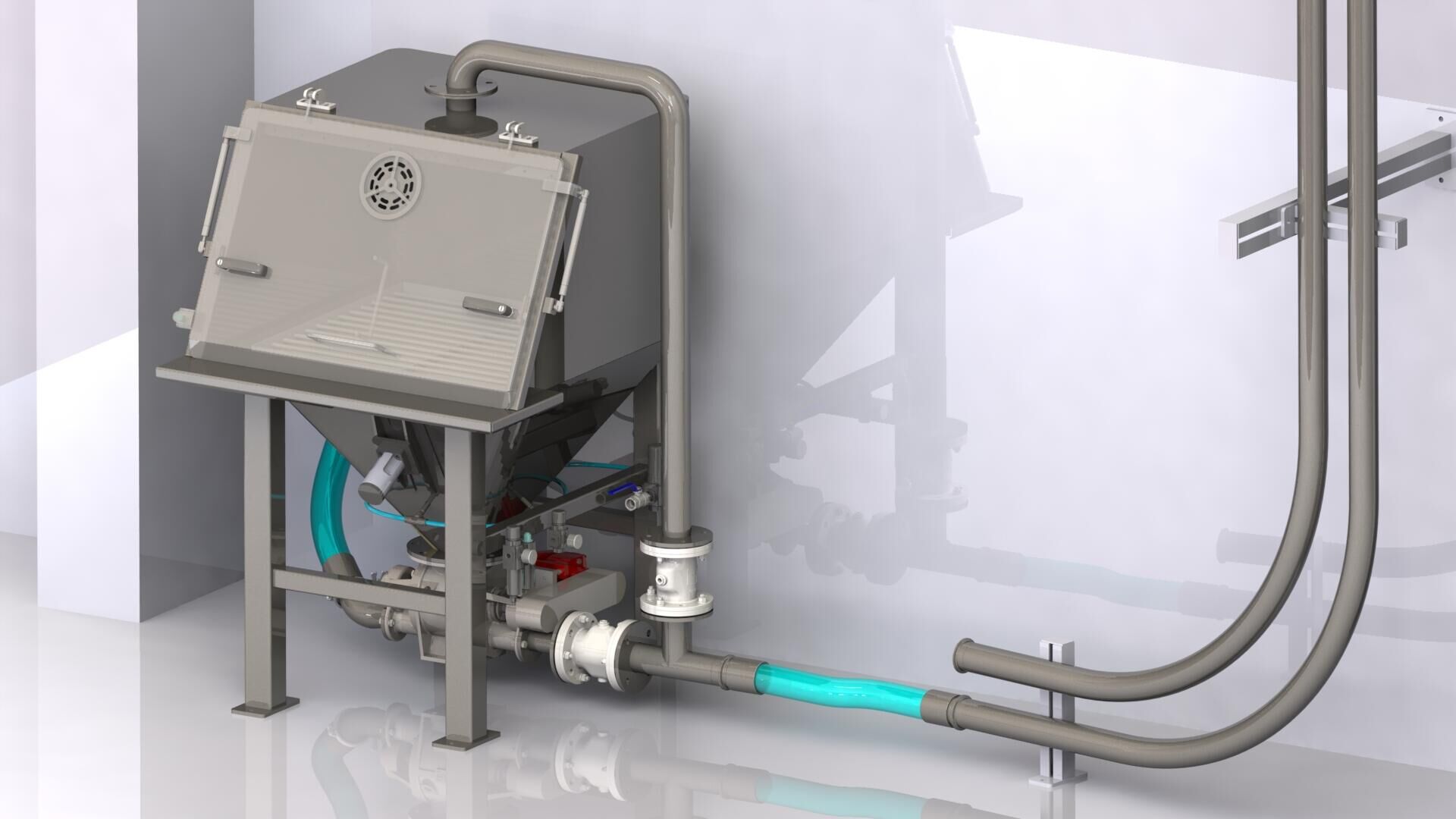There are five key elements that need to be considered in order to maximize the efficiency of vacuum processes. Whatever technology is used, it is important that it fits with the process so that the best potential can be achieved.
Design
The element of the design is of major importance to ensure the greatest efficiency possible for the specific application in question. A vacuum can be generated in different ways, and how temperature is distributed and flow paths designed play an important part in efficiency. Inside a vacuum pump, the spatial ratio of the compression chambers is also relevant.
Heat recovery
Whenever a vacuum conveyor is used, heat is generated. This can be released into the air and wasted, but a heat recovery system can ensure that much of it can be recovered and used for different purposes such as heating a building or heating water. As much as 50 to 70 percent of energy consumption can be harnessed in this way. According to the BBC in 2018 CO2 emissions reached an all-time high so any steps towards reducing these are to be welcomed.
Centralization
Centralized vacuum systems can be more efficient because the workload can be shared between a number of vacuum pumps. Centralization also offers advantages where availability and process stability are concerned. This can result in lower operating costs for the company.
Competence
It is vital that every aspect of the production process and its interaction with other processes is fully understood in order to ensure efficiency. The way process components interact will have an impact on efficiency so factors such as reliability, availability and efficient operation all need to be fully considered. This is where companies such as Vacuum conveying systems can offer their expertise to ensure all these factors are taken into account for each individual customer. Different companies will have widely differing process requirements and these need to be carefully analyzed in order to find the optimum solution.
Control
Every different vacuum application has individual characteristics, and control is needed to ensure that the supply is synchronized with demand. Vacuum conveying systems are a case in point where it is inefficient simply to switch pumps on or off depending on the stage in the production cycle. A good control system will not only provide the optimum output, but it will also ensure process stability.

Be the first to comment on "Five Elements Of Vacuum Conveying Efficiency"